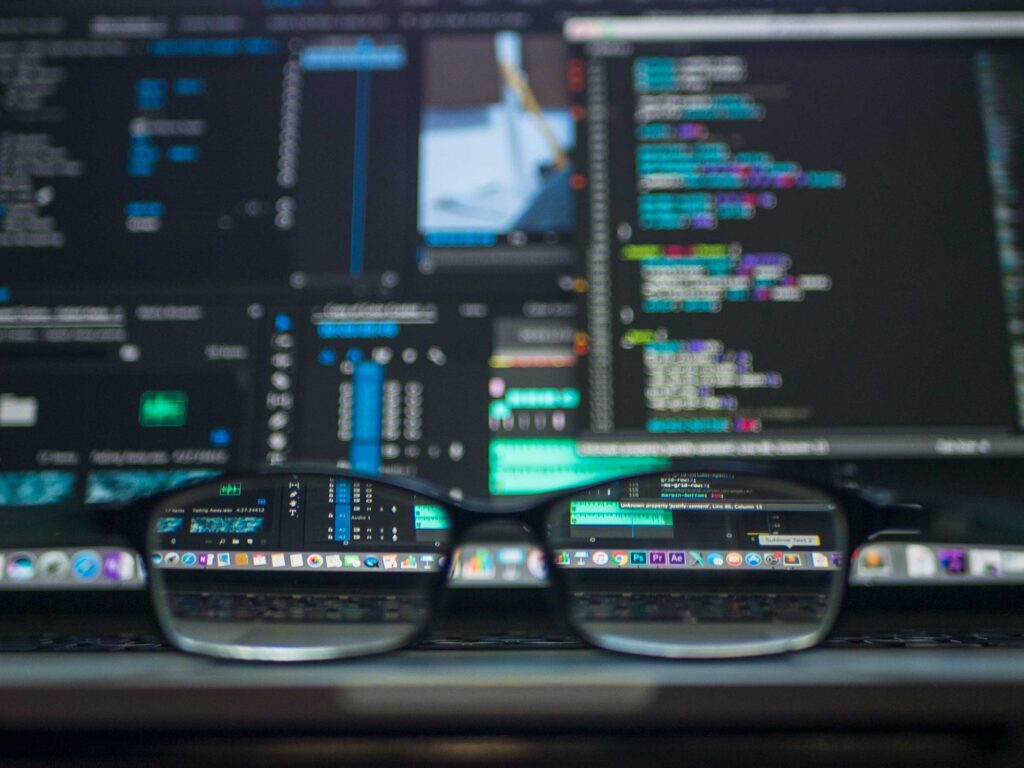The Ultimate Guide to Debugging Your Code emphasizes the importance of debugging in programming. Key points include understanding the problem, using logging to track code execution, checking syntax errors, using a debugger for line-by-line evaluation, handling exceptions gracefully with error messages, utilizing version control systems like Git, and practicing debugging skills through exercises and challenges. By following these techniques, programmers can effectively identify and fix errors in their code to ensure smooth and efficient functionality. Debugging is an essential skill that requires practice and persistence to master, ultimately leading to error-free code and improved programming efficiency.
The Ultimate Guide to Debugging Your Code
Introduction
Debugging is an essential skill for any programmer. It involves identifying and fixing errors in your code to ensure that it runs smoothly and efficiently. In this guide, we will explore some of the best practices and techniques for debugging your code effectively.
1. Understand the Problem
Before you can start debugging your code, it’s important to understand the problem you are trying to solve. Take the time to read through your code and identify where the issue may be occurring. Look for error messages, unexpected behavior, or anything else that seems out of place.
2. Use Logging
Logging is a powerful tool for debugging code. By adding logging statements throughout your code, you can track the flow of execution and identify where issues may be occurring. Use console.log() statements in JavaScript or print() statements in Python to output specific information at key points in your program.
3. Check Your Syntax
One of the most common reasons for bugs in code is syntax errors. Make sure to double-check your syntax, including parentheses, brackets, and semicolons. Many IDEs and text editors have built-in syntax highlighting and error-checking features to help you catch these errors before they cause problems.
4. Use a Debugger
A debugger is a powerful tool that allows you to step through your code line by line, inspecting variables and evaluating expressions along the way. Most programming languages come with built-in debuggers, such as the Chrome DevTools for JavaScript or the pdb debugger for Python. Learning how to use a debugger can save you a lot of time and frustration when debugging complex issues.
5. Handle Exceptions
Exceptions are errors that occur during the execution of your code. By using try..catch blocks in JavaScript or try..except blocks in Python, you can gracefully handle these errors and prevent your program from crashing. Make sure to include meaningful error messages in your catch blocks to help identify the cause of the issue.
6. Use Version Control
Version control systems like Git are essential for tracking changes in your code and collaborating with other developers. By using branches and commits effectively, you can isolate changes that introduce bugs and easily roll back to a previous working state if needed. Version control also provides a history of your changes, making it easier to identify when and where an issue was introduced.
7. Practice Debugging
Like any skill, debugging takes practice to master. Take the time to work through debugging exercises, participate in coding challenges, and study the code of experienced developers. By honing your debugging skills, you will become a more efficient and effective programmer.
Conclusion
Debugging is an essential skill for any programmer. By following the tips and techniques outlined in this guide, you can become a more effective debugger and ensure that your code is free of errors. Remember to take your time, use the tools available to you, and stay persistent when debugging your code.
